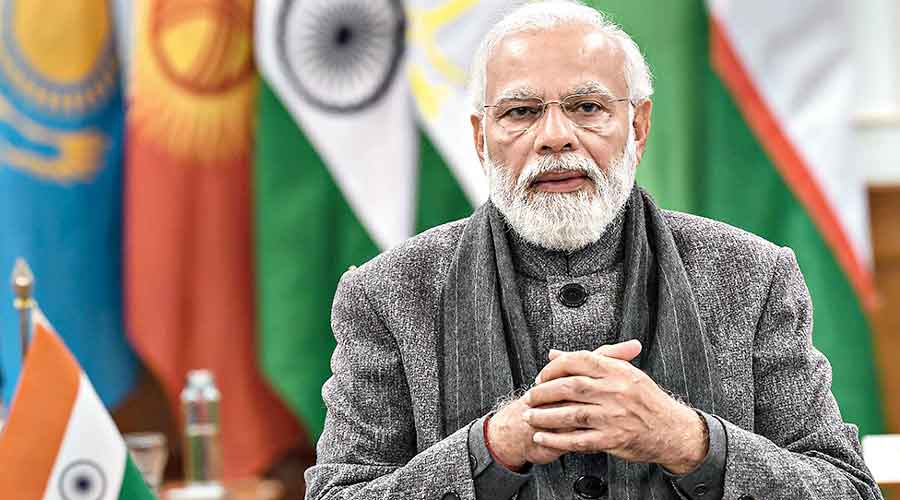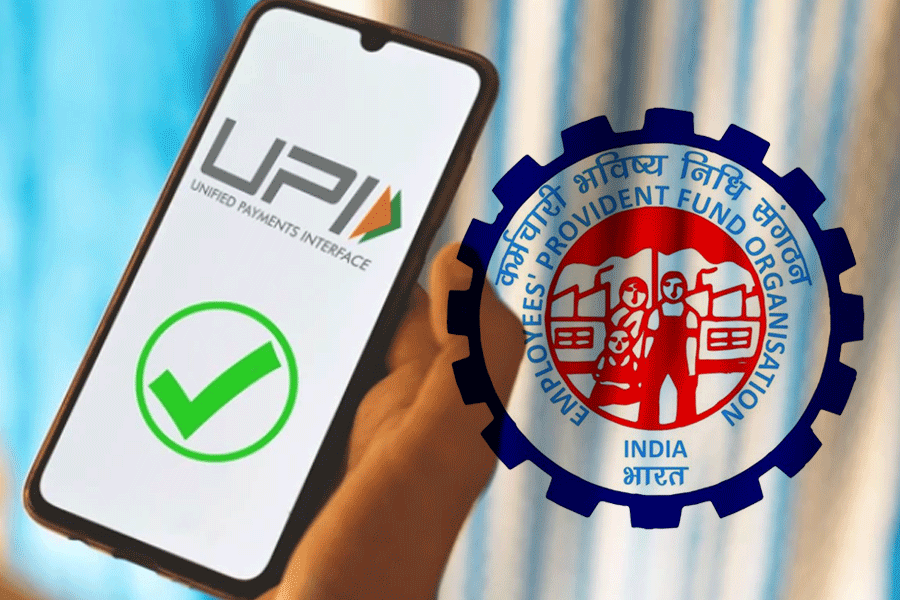The Narendra Modi government seems to have decided to follow China — at least on some things. More than four decades after China under the leadership of Deng Xiaoping declared its system as “socialism with Chinese characteristics” as it liberalized its economy moving away from traditional Marxism, the government in New Delhi is touting an “Indian way” of democracy. Amidst mounting global criticism over crackdowns in Kashmir, the targeting of minority communities and the arrests of journalists, India’s ranking has stumbled in ratings computed by global democracy watchdogs, including Freedom House, International Institute for Democracy and Electoral Assistance and V-Dem. That should be a cause for concern not because it hurts India’s image in the eyes of an international audience but because of what a democratic slide means for the country’s billion people. Yet, it appears that the Indian government has its priorities mixed up. Reports suggest that the ministry of external affairs sent emails — at least twice — to the Lok Sabha secretariat with attached presentations on an Indian style of democracy. These presentations, according to reports, were meant to guide the Lok Sabha Speaker in interactions with foreign heads of diplomatic missions in India.
To be sure, each country is different and democracies follow a range of practices — from their electoral system to forms of legislature, and from tenures of elected leaders to the powers they enjoy. That diversity is a tribute to the concept of democracy. But there are core principles that distinguish democracies from autocratic regimes: a press that does not need to fear retribution for critical reporting; an independent judiciary that can act as a check on the executive; the uniform application of laws; and equal rights for all. On several of those counts, there is ample evidence — anecdotal and statistical — that India has slipped in recent years. These ideals are not negotiable or up for substitution with notions of an Indian style of democracy. They are the very pillars upon which the edifice of democracy stands. Last week, the ministry of external affairs summoned Singapore’s top diplomat in the country to protest public comments made by the island state’s prime minister, Lee Hsien Loong, in which he had criticized the decline of India’s Parliament since the days of Jawaharlal Nehru. Singapore is a country where the press and the right to protest are constricted. That New Delhi felt the need to censor its prime minister is the ultimate indictment of the ‘Indian way’ of democracy.










